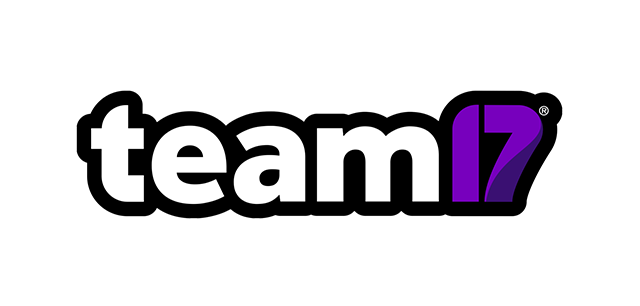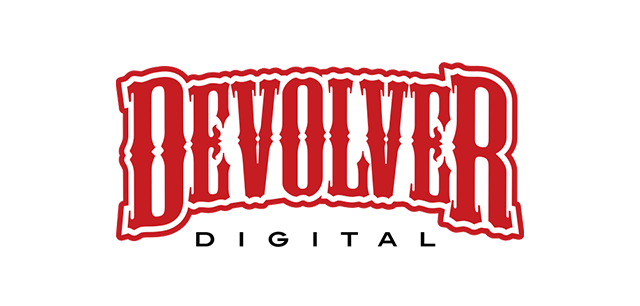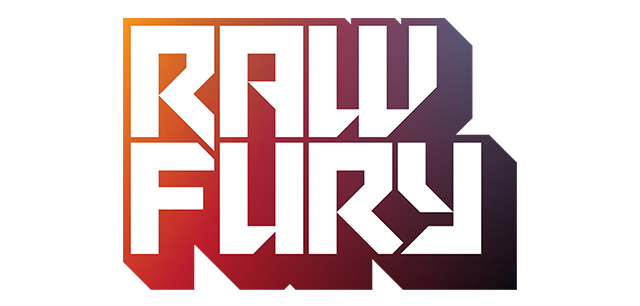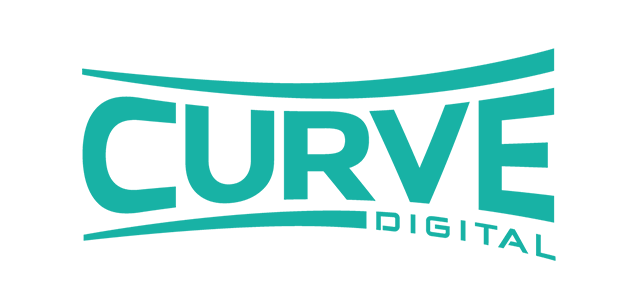When we are starting an indie game project, we have limitations, such as budget, the fact that we are not known, and all sorts of initial obstacles.
In this article, I’ll discuss ways to fund your project at various points in your journey.
Bootstrapping – starting from scratch
One of the most common forms of investment for games, especially at first, comes from family, friends, and saved savings.
When you’re starting to create your games, chances are, neither you nor your idea is widely known or supported.
If you plan to work full-time on your game, depending on the size of the project, ideally, you need to have 12 to 24 months of “salary” for you and your team.
You must be careful because bootstrapping can often turn into debt.
Crowdfunding
A very popular form of financing is “crowdfunding“, a form of funding where people interested in developing their game invest in it in advance.
For this type of investment, it is necessary to have something to show to people, as, over the years, some developers have not finished the games that were financed in this way, making the public afraid of losing their investment.
Images, description, a good video/trailer, and preferably even a playable demo, are all needed to show the audience that you know what you’re doing.
The most popular crowdfunding platforms are:
Kickstarter
https://www.kickstarter.com
The largest of them, but does not accept several countries.
Indiegogo
https://www.indiegogo.com
Accepts the vast majority of countries.
Patreon
https://www.patreon.com
It works with the subscription model, where members pay monthly fees and can access exclusive content.
Looking after investors
Once your game reaches an interesting level, let’s say having a good playable demo and some public interest, seeking outside investors might be a viable option.
A common form of funding is from publishers.
Publishers can be the difference in the success of your project. Still, you must be very careful with the negotiation, as publishing your game independently can be better than publishing with a publisher with a bad deal.
Reach out to publishers
If you’re looking to get your video game published, you’ll need to reach out to publishers. Game publishers are companies that finance, develop, and release video games. They can be either big or small, and there are even indie game publishers.
The most important thing for you is to find a publisher that’s a good fit for your game. Once you’ve found a few potential publishers, you’ll need to pitch your game to them. This usually involves sending them a written proposal and/or a demo of your game.
If a publisher is interested in your game, they will usually offer you an upfront cash advance and/or a revenue share agreement. An upfront cash advance is just what it sounds like: the publisher gives you a certain amount of money upfront in exchange for the rights to publish your game. A revenue share agreement means that the publisher will give you a percentage of the revenues generated by your game.
Which option is better for you depends on your individual situation. If you need money urgently, then an upfront cash advance may be the way to go. However, if you believe in your game’s long-term potential, then a revenue share agreement may be.
Start by finding angel investors through friends and family
You can start by finding angel investors through friends and family. One way to do this is by creating a list of potential investors and reaching out to them directly. Another way is to attend industry events and meet potential investors there. When pitching your video game, be sure to have a solid business plan and demo reel ready. You should also be prepared to answer questions about your game’s concept, gameplay, and development process. If you are able to secure funding from an angel investor, you will be one step closer to getting your game published.7
Some publishers I’ve had excellent developer reports from are as follows:
Team 17
https://www.team17.com/

Devolver Digital
https://devolverdigital.com/

Raw Fury
https://rawfury.com/

Curve Digital
https://www.curve-digital.com/

Game developer grants
The Game Developer Grants program is a new initiative from Google that provides financial support to talented game developers. The program is designed to help developers who are working on innovative and original games that push the boundaries of what is possible on Android.
Google is committed to helping indie game developers succeed and grow the Android gaming ecosystem. The company has already invested millions of dollars in tools, resources, and programs like Google Play Games Services and AdMob to help developers build successful businesses.
The Game Developer Grants program builds on this support by offering up to $50,000 in funding for eligible developers. The program is open to developers from around the world, and there are no strings attached — recipients can use the money however they see fit.
To be eligible for a grant, developers must have an existing Android game that demonstrates innovation and creativity. The game must also be published on Google Play, and it must be free to download and play. Developers can apply for a grant by filling out an online form.
Bonus: how to find good indie developers to work with
There are a few ways to find good indie developers:
1. Check out online communities and forums dedicated to indie game development. These can be great places to find developers who are passionate about making games and who are always looking for new projects.
2. Follow indie game development news outlets and blogs. This will help you stay up-to-date on the latest happenings in the indie game development scene, and you might even find some developers who are working on interesting projects that you didn’t know about before.
3. Attend indie game development events. These events are great places to meet developers and see what kinds of games they’re working on. You might even be able to play some of their games!
Fund indie game: conclusion
Creating your game independently is undoubtedly a big challenge. Be prepared, as not everything goes as planned and it is important to be ready to change plans.

